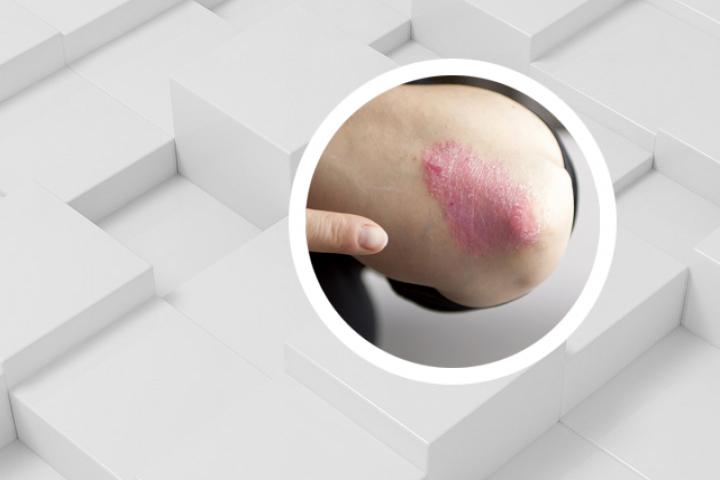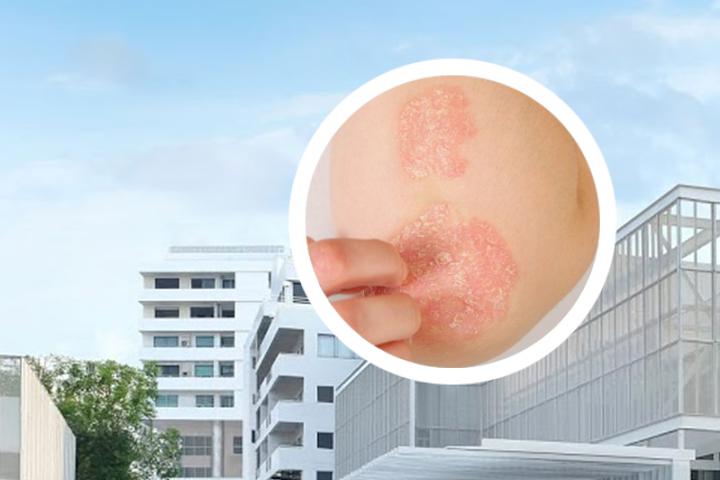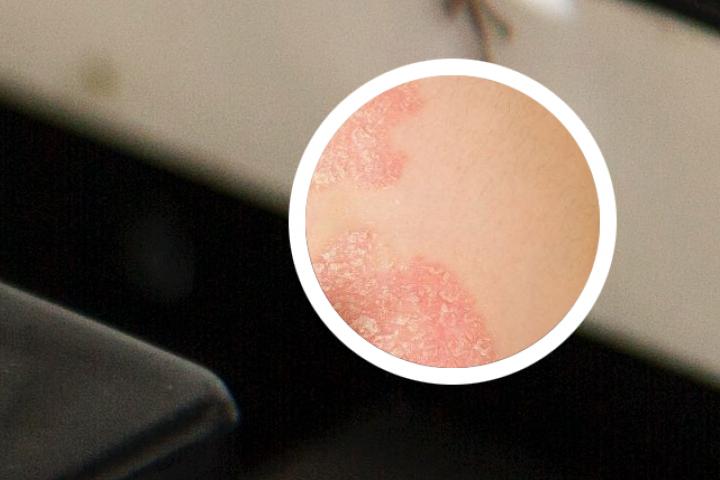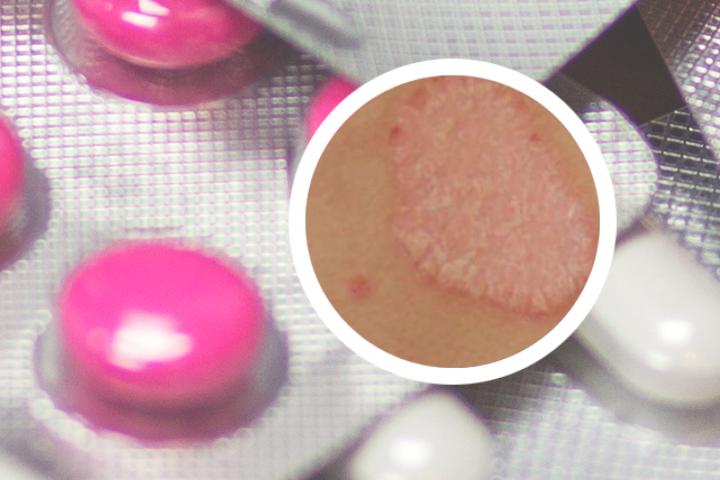作为一名皮肤病专家,我经常会遇到像牛皮癣这样的慢性皮肤病。牛皮癣是一种自体免疫性疾病,其导致的皮肤细胞增生和炎症会导致皮肤表面出现厚、红、有鳞片的斑块。对于牛皮癣患
作为一名皮肤病专家,我经常会遇到像牛皮癣这样的慢性皮肤病。牛皮癣是一种自体免疫性疾病,其导致的皮肤细胞增生和炎症会导致皮肤表面出现厚、红、有鳞片的斑块。
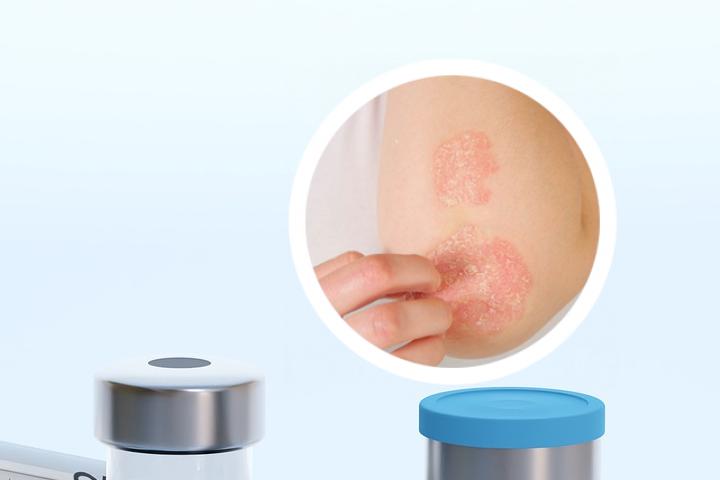
对于牛皮癣患者来说,他们经常会感到不适和困惑。以下是一个可能的牛皮癣内心独白:
“I hate my skin. Every day, when I wake up and see my patches of thick, scaly skin, I feel like hiding under the covers and not facing the world. It’s embarrassing to have to explain to people what is wrong with my skin.
It’s frustrating that no matter how much lotion I use or how often I scrub my skin, my plaques never really go away. Some days it’s better than others, but it’s always there in some form. I feel like I’ll always be this way - like I’m stuck in this cycle of flare-ups and remissions for the rest of my life.
I worry that people will judge me because of my skin. They might think that I’m dirty or unhygienic. Or worse, they might think that I’m contagious and shy away from me. I just want people to see me for who I am, not for my skin condition.”
作为医生,我们需要理解患者的内心独白并提供支持和治疗。对于牛皮癣患者,我们可以向他们介绍一些有效的治疗方法,例如外用药物、内服药物和光疗等。我们还可以为患者提供心理支持,帮助他们处理情感问题,以及建立良好的自我形象。最重要的是,我们需要向患者传达一个信息:牛皮癣可能是一种严重的皮肤病,但它并不代表人格上的不足或道德上的污染。我们需要教育患者如何管理他们的病情并鼓励他们继续前进。

